Introductory Cover Letter Template for Job Applications
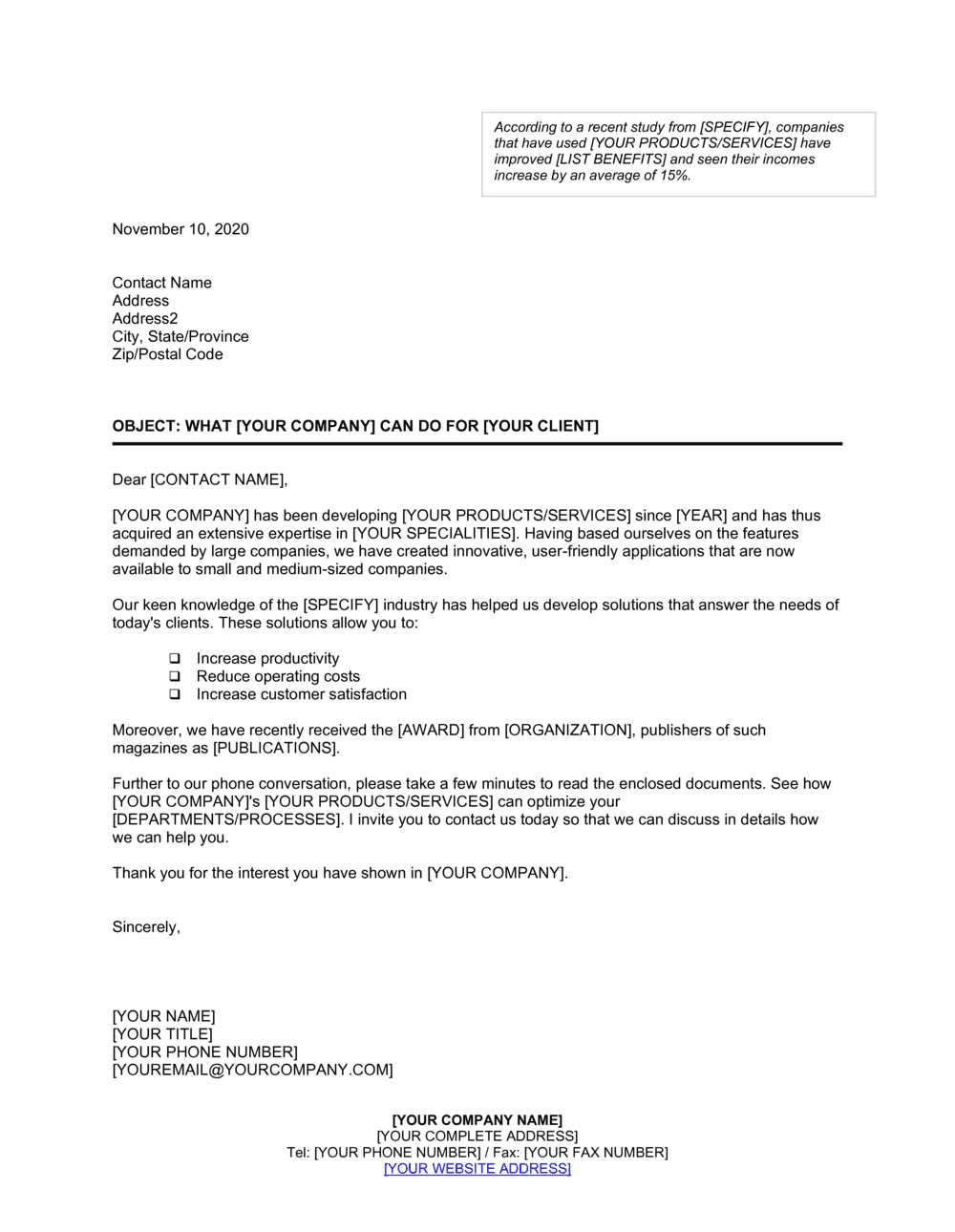
When applying for a job, the first impression matters most. A well-constructed opening paragraph can set you apart from other candidates and capture the attention of hiring managers. It’s essential to make your communication both engaging and professional, ensuring it reflects your qualifications and enthusiasm for the role.
Creating a strong introduction involves more than simply stating your name and interest. It requires a balance of professionalism and personality to quickly convey why you’re a perfect fit. The key is to focus on what you bring to the table while also aligning with the company’s values and needs.
By carefully crafting your initial message, you show your commitment and make it easier for the reader to understand the unique qualities you offer. This simple but powerful component of your job application can be the difference between standing out or getting overlooked.
Why You Need an Introductory Cover Letter
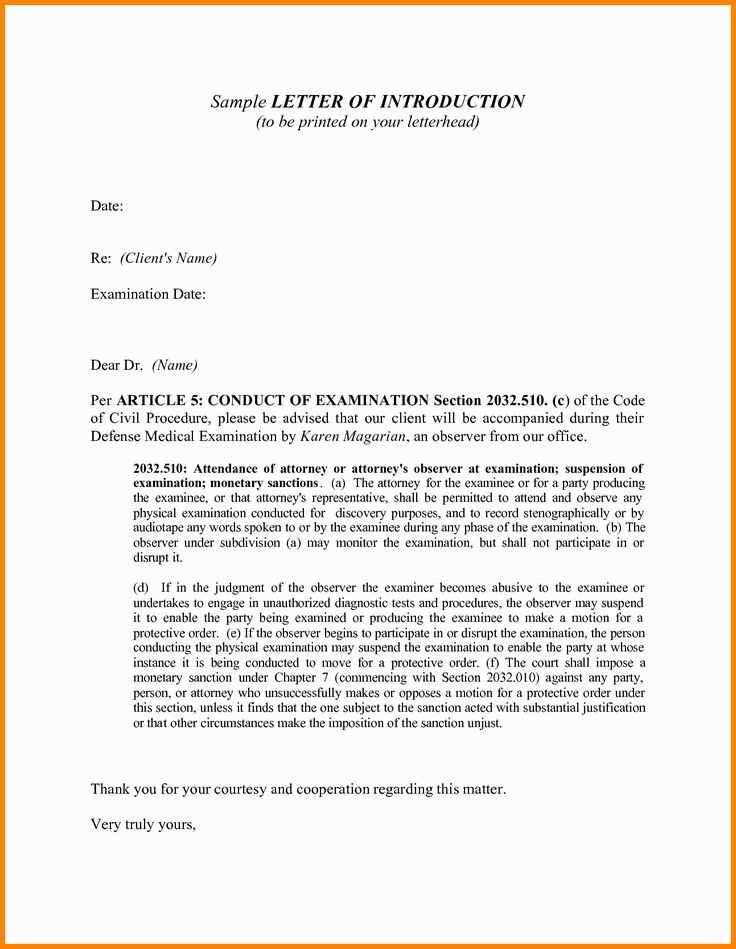
When applying for a job, making a strong initial impact is essential. The first part of your application should grab the attention of hiring managers and highlight why you’re an ideal candidate. It serves as an opportunity to briefly showcase your skills, enthusiasm, and fit for the position.
A well-crafted opening statement allows you to make a personal connection with the employer. Instead of simply listing qualifications, it gives you the chance to demonstrate your communication skills and express genuine interest in the role. This is often the first thing an employer reads, so it’s important to make it count.
In a competitive job market, employers may receive hundreds of applications. Having a distinct introduction can help ensure that your application stands out. By personalizing this section, you show that you’ve taken the time to tailor your submission, which reflects positively on your professionalism and attention to detail.
How to Personalize Your Cover Letter
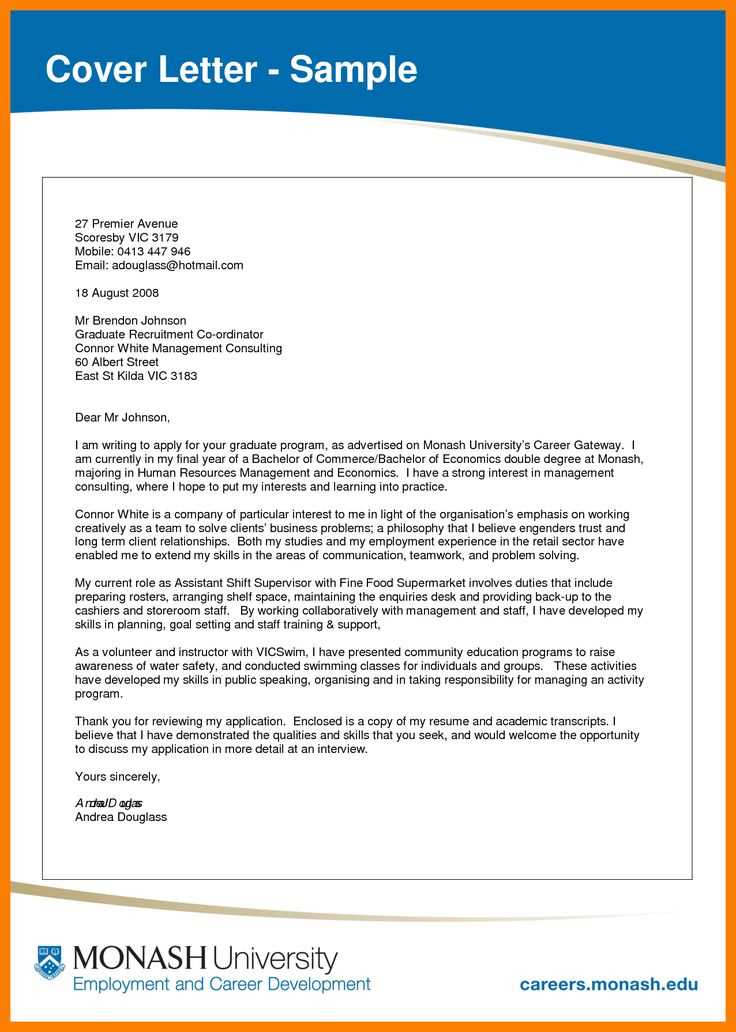
Personalization is a critical element when preparing any job application. Instead of using a generic approach, it’s important to address the specific requirements and culture of the company you’re applying to. This makes your message more relevant and demonstrates your genuine interest in the position.
Start by researching the organization, its values, and the job description. Tailor your introduction to align with the company’s mission and highlight how your skills meet their needs. A personalized approach shows that you’ve invested time in understanding the employer’s goals and how you can contribute to them.
Additionally, reference any mutual connections or specific experiences that tie you to the company. Mentioning how you found out about the role or demonstrating knowledge about their recent projects can strengthen your case and make your communication more engaging and meaningful.
Crafting a Compelling Opening Statement
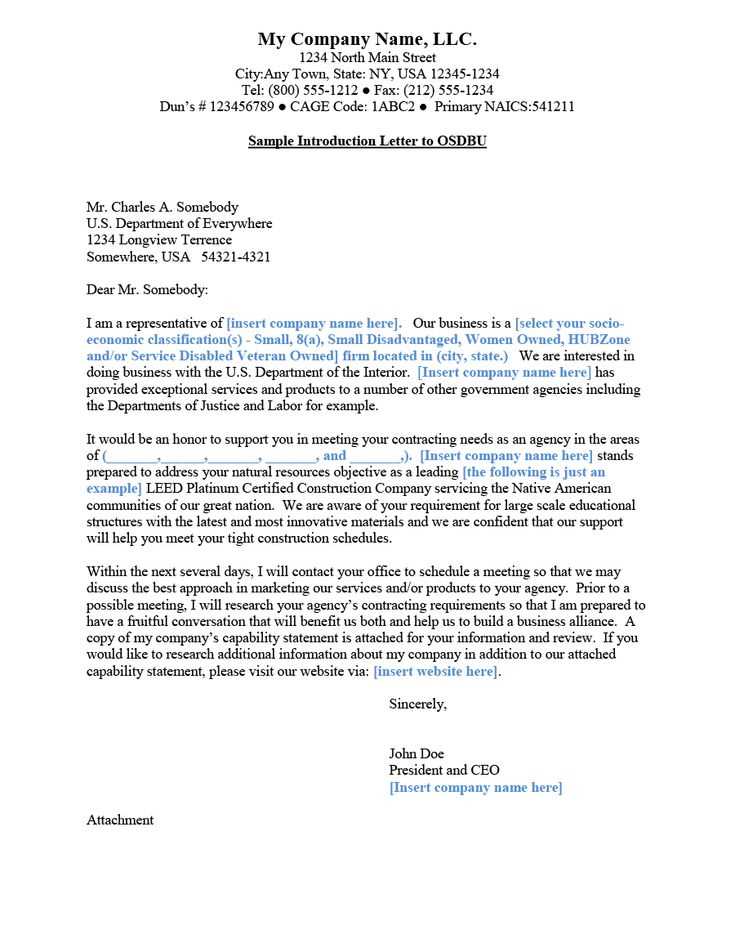
The opening of your job application plays a crucial role in capturing the reader’s attention. A strong beginning should immediately highlight your enthusiasm and key qualifications while establishing a connection with the employer’s needs. The goal is to engage the reader from the first sentence, encouraging them to continue reading your submission.
Make a powerful first impression by clearly stating why you’re applying for the role and how your experience aligns with the job requirements. Focus on what makes you an ideal candidate and how your unique skills can contribute to the company’s success.
It’s important to keep the tone confident yet professional. While enthusiasm is essential, avoid exaggeration and aim for a balance between showcasing your strengths and aligning with the organization’s goals. The opening should leave the employer eager to learn more about your qualifications.
Tips for Writing a Professional Tone
Maintaining a professional tone is essential when communicating with potential employers. The way you present yourself in writing can significantly impact the impression you leave. It’s crucial to strike a balance between being respectful, confident, and approachable while avoiding overly casual language.
Keep It Clear and Concise
- Avoid unnecessary jargon or overly complex sentences.
- Stick to the point and be direct about your intentions and qualifications.
- Use clear and simple language that is easy to understand.
Maintain a Respectful and Positive Tone
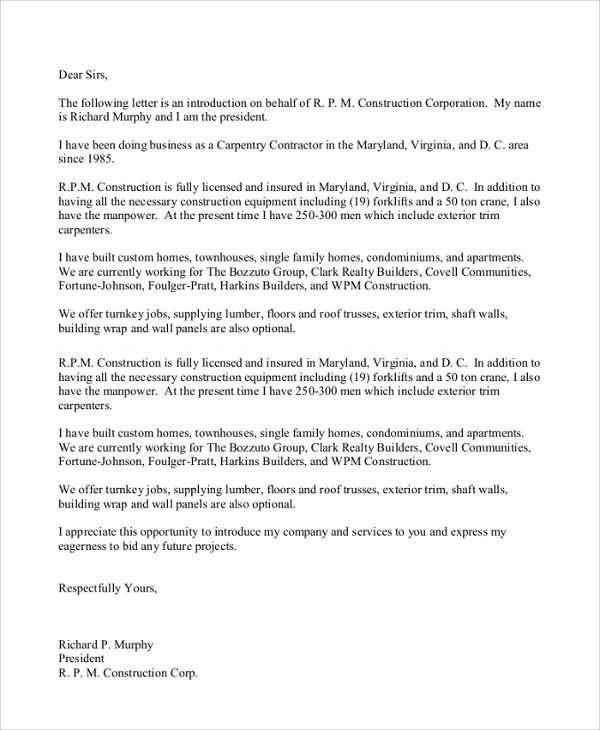
- Focus on positive language that highlights your strengths without bragging.
- Be polite and show gratitude for the opportunity.
- Avoid negative language or speaking poorly of previous employers or roles.